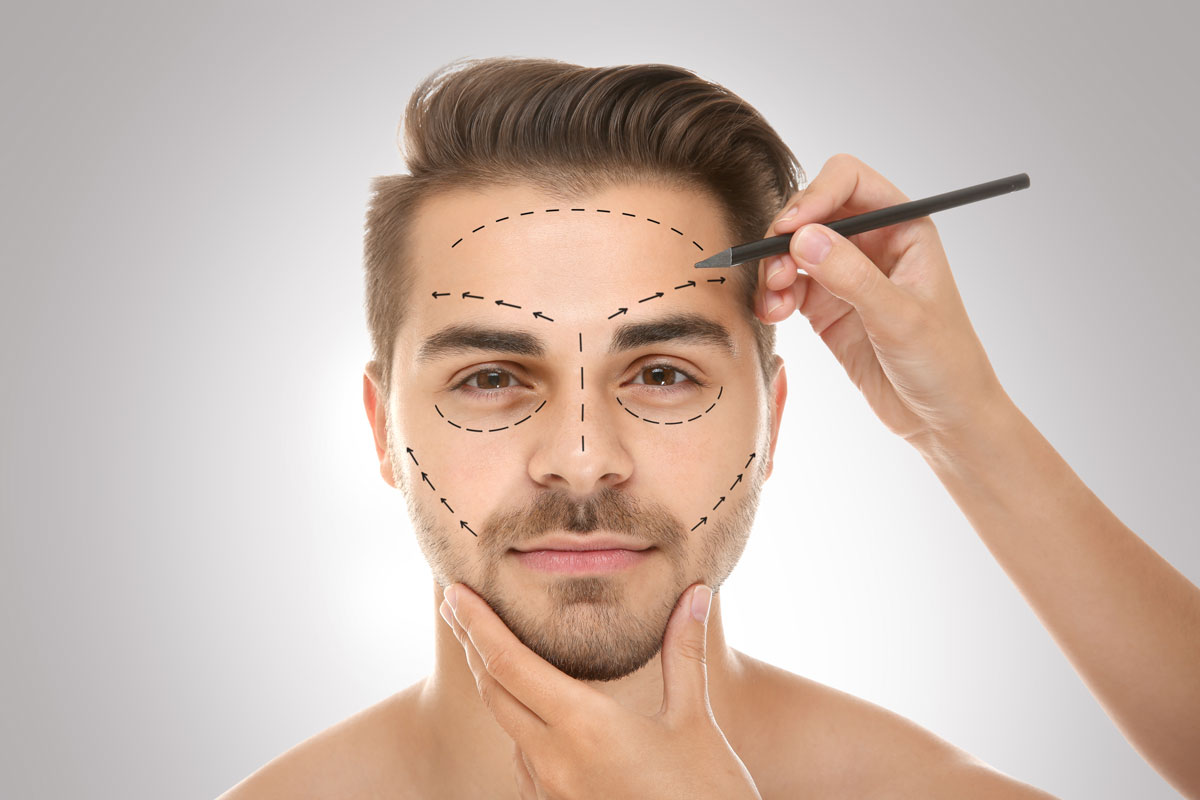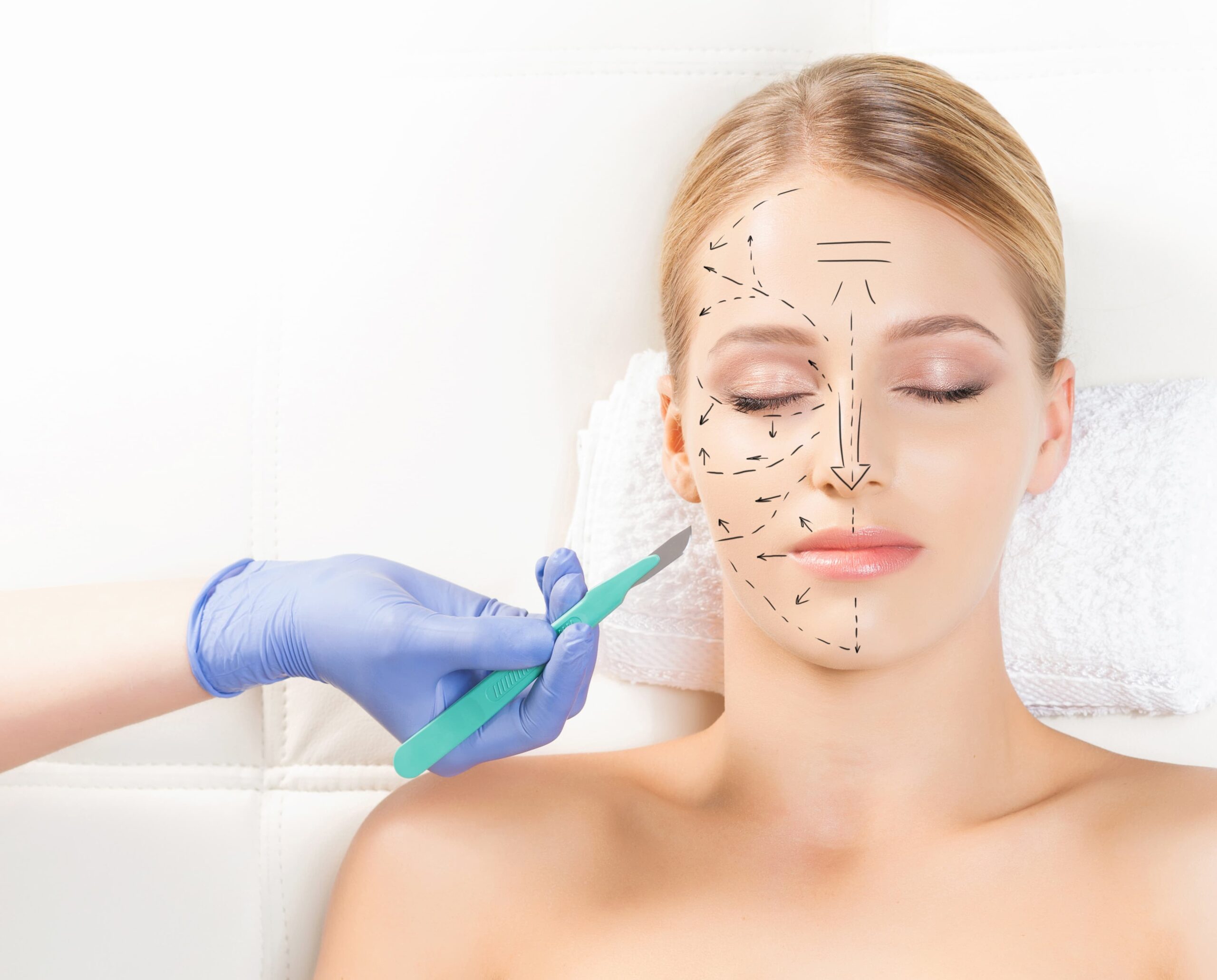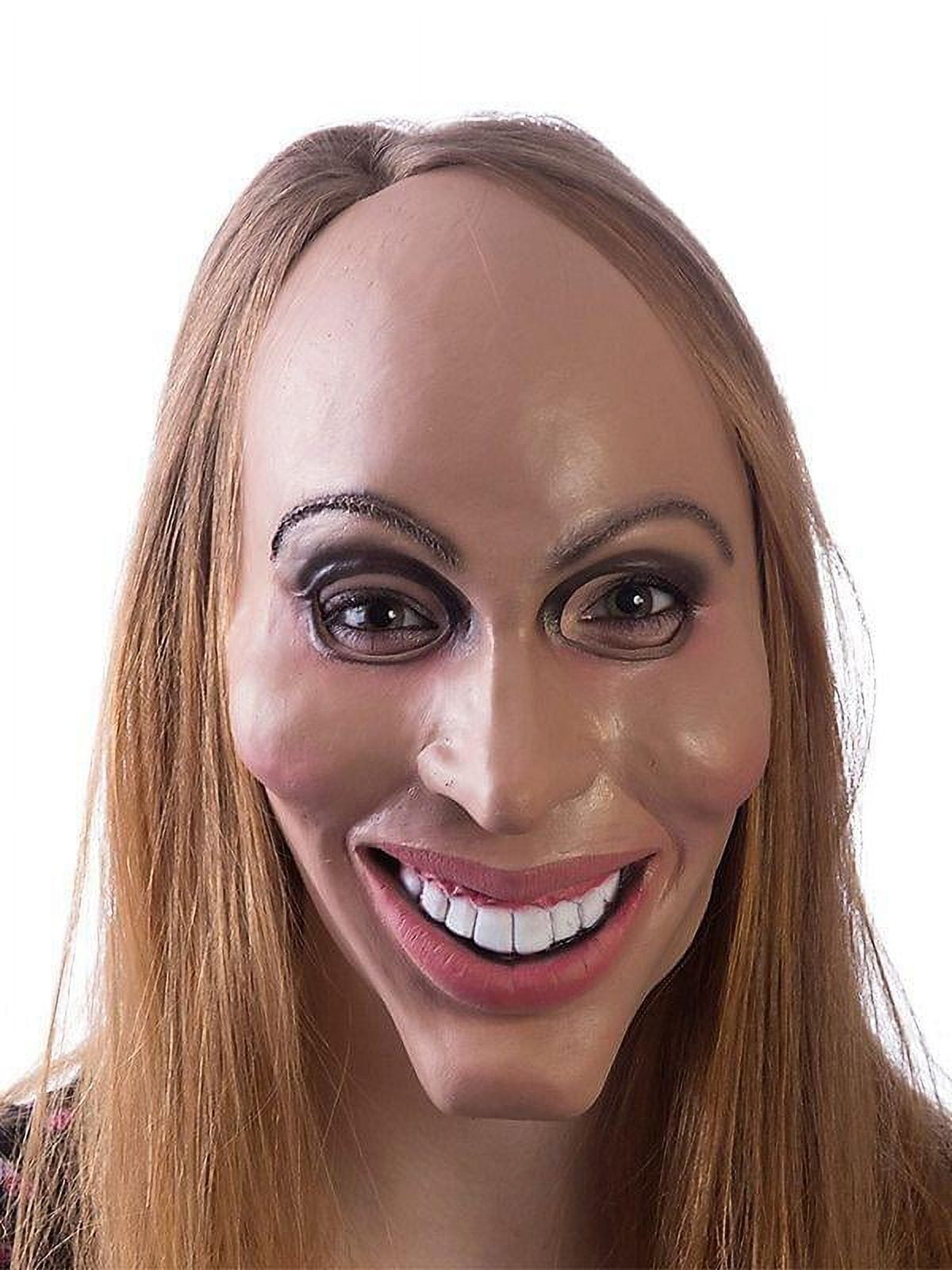Exploring the Psychological and Social Variables That Drive Individuals to Consider Aesthetic Surgical Treatment as a way of Renovation
The choice to seek cosmetic surgical procedure often expands past simple looks, linking with social and psychological characteristics that warrant complete examination. Elements such as self-esteem, prevalent social beauty standards, and the prevalent impact of social media sites assemble to form individual inspirations for medical enhancement. As these influences end up being progressively prominent, recognizing the underlying cultural and emotional contexts is crucial. What remains to be discovered is the extensive influence these factors have not only on individuality however also on broader societal standards and worths surrounding elegance and approval.
The Role of Self-confidence
Self-confidence substantially affects an individual's decision to go after cosmetic surgery. Individuals with reduced self-confidence often regard themselves in an unfavorable light, leading to feelings of inadequacy concerning their physical appearance. This negative self-perception can drive them to seek medical treatments as a technique of improving their self-image. The wish for enhancement in one's appearance is regularly connected to a belief that such modifications will certainly boost their total self-respect and self-confidence.

Ultimately, the function of self-confidence in the decision-making procedure pertaining to plastic surgery highlights the complex interaction in between body photo, individual fulfillment, and psychological wellness. Comprehending this partnership is crucial for medical care specialists to guarantee that patients are making educated decisions rooted in sensible expectations and psychological well-being.
Societal Appeal Criteria
Influenced by prevalent media portrayals and cultural narratives, societal beauty standards play an important duty in shaping people' understandings of their own bodies. These criteria are usually characterized by an idyllic kind of beauty that emphasizes qualities such as symmetry, slimness, and youthful vigor. As these suitables are bolstered via various networks, consisting of television, marketing, and film, individuals frequently internalize these messages, leading to frustration with their natural look.
The effects of these societal norms extend past aesthetic preferences; they can affect self-confidence, mental health and wellness, and social partnerships. People who regard themselves as disappointing these standards may experience feelings of insufficiency, triggering a need for plastic surgery as a way of attaining societal authorization. This pursuit is usually fueled by the belief that adhering to these suitables will enhance not just physical appearance yet additionally social standing and individual fulfillment.

Impact of Social Media
The effect of social appeal standards is more intensified by the rise of social media systems, where curated photos and idealized depictions of charm are common. Customers are constantly revealed to filteringed system and edited photos, which typically depict unattainable physical qualities. This direct exposure cultivates a culture of comparison, leading people to analyze their own appearance against these usually unrealistic benchmarks.
Social media influencers and celebrities regularly promote cosmetic treatments, stabilizing the idea that surgical enhancements are look at these guys a feasible methods for achieving societal ideals (plastic surgery rancho cucamonga). The exposure of these improvements can produce an understanding that going through cosmetic surgical procedure is a typical practice, thus affecting people to consider comparable treatments as a path to improved self-esteem and social acceptance
Furthermore, the interactive nature of social media sites permits immediate responses via sort and comments, further reinforcing the need to adapt preferred appeal requirements. Such communications can worsen sensations of insufficiency and drive people toward cosmetic surgery as a way of acquiring recognition. Eventually, social networks plays a crucial duty fit understandings of charm, which significantly impacts the decision-making processes bordering cosmetic surgical treatment.

Cultural Perspectives on Appearance
Across various cultures, assumptions of look are deeply rooted in historical, social, and economic contexts, shaping people' views on appeal and worth. In numerous societies, look acts as a significant pen of identity, affecting social standing, expert opportunities, and personal relationships. As an example, in some cultures, light skin is commonly connected with wide range and opportunity, while others might glorify darker skin tones as icons of strength and authenticity.
In addition, traditional elegance requirements are frequently bolstered via social narratives, media representations, and family influences, causing varying perfects across different areas (plastic surgery rancho cucamonga). In Western cultures, the emphasis on youth and physical health and fitness typically drives people towards aesthetic enhancement, while in specific Eastern societies, more subtle adjustments lined up with conventional aesthetic appeals may be chosen
Globalization and the spreading of digital media have additionally complicated these dynamics, creating a hybridization of elegance suitables that goes beyond click to find out more geographical boundaries. As individuals increasingly navigate these social stories, the stress to adapt particular appearance criteria can lead to the wish for plastic surgery, reflecting an intricate interaction of personal aspirations and social values. Comprehending these cultural viewpoints is crucial in attending to the motivations behind cosmetic surgical procedure factors to consider.
Mental Effects of Plastic Surgery
Lots of individuals seeking plastic surgery record experiencing profound psychological impacts that can considerably modify their self-perception and psychological health - plastic surgery rancho cucamonga. The wish for physical enhancement typically comes from underlying problems such as low self-confidence, body dysmorphic condition, or social pressures pertaining to appeal criteria. For some, the instant post-operative phase can cause a short-term increase in positive self-image and complete satisfaction with their look, cultivating a sense of empowerment
Nevertheless, these favorable feelings might not be sustaining. Research study indicates that while some individuals experience enhanced self-esteem, others might deal with heightened anxiety or depression if their expectations are not met. This disparity can emerge from impractical ideals perpetuated by media representation and cultural stories surrounding beauty.
Moreover, the psychological ramifications of cosmetic surgical procedure expand beyond the person. Relationships with family members and good friends may be stressed as social characteristics change, bring about sensations of seclusion or alienation. Inevitably, the mental effects of plastic surgery are diverse and intricate, requiring mindful consideration by both prospective patients and doctor to make certain enlightened decision-making and practical assumptions.
Final Thought
Finally, the choice to seek cosmetic surgical procedure is dramatically influenced by a combination of self-worth concerns, societal elegance standards, and social point of views on look. The prevalent reach of social media further exacerbates these pressures, promoting impractical perfects that individuals usually aim to acquire. Understanding these mental and social aspects is important for addressing the inspirations behind plastic surgery, highlighting the need for an extra nuanced discussion surrounding charm and self-acceptance in modern society.
The choice to seek cosmetic surgical procedure usually extends beyond mere aesthetics, intertwining with emotional and social characteristics that merit complete assessment. Ultimately, social media plays a pivotal duty in forming assumptions of beauty, which dramatically affects the decision-making processes bordering cosmetic surgery.
As view it now people significantly browse these social stories, the pressure to adjust to certain appearance standards can lead to the desire for cosmetic surgical procedure, showing a complicated interaction of cultural values and personal desires.In verdict, the choice to seek cosmetic surgery is considerably influenced by a mix of self-esteem concerns, societal beauty standards, and social point of views on appearance. Understanding these emotional and social aspects is necessary for attending to the motivations behind cosmetic surgical treatment, highlighting the requirement for an extra nuanced discussion bordering beauty and self-acceptance in contemporary society.